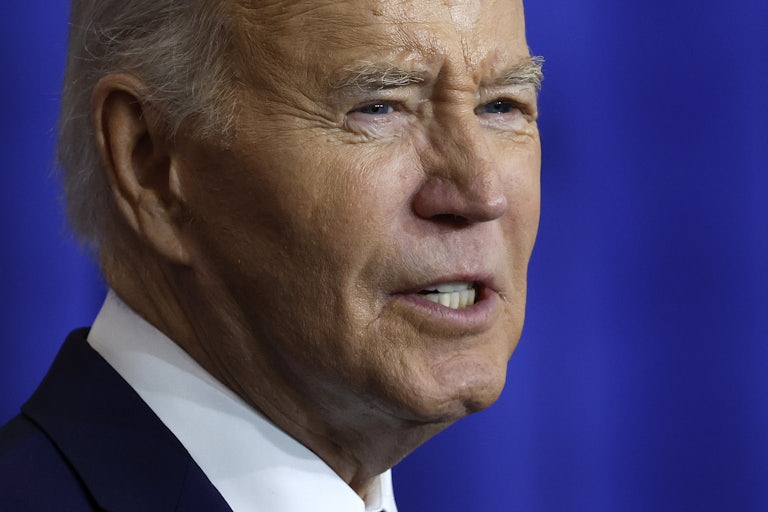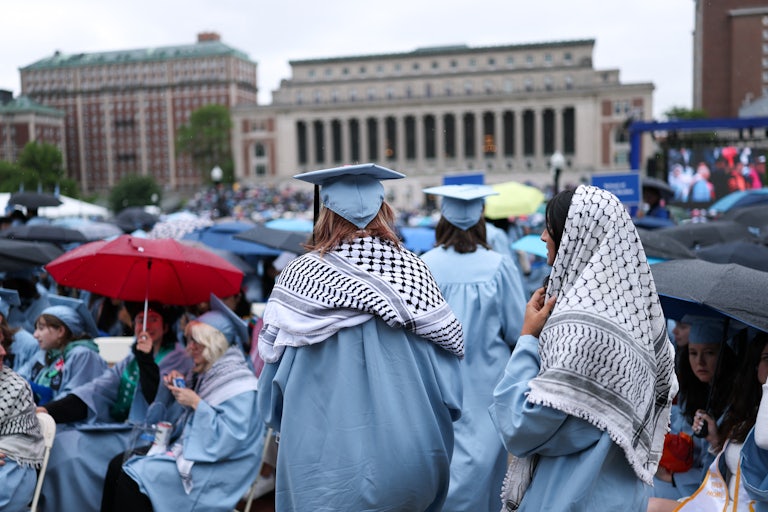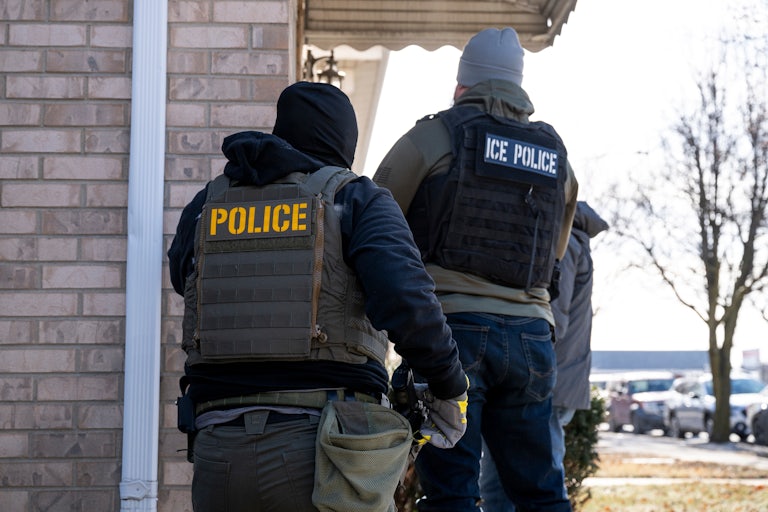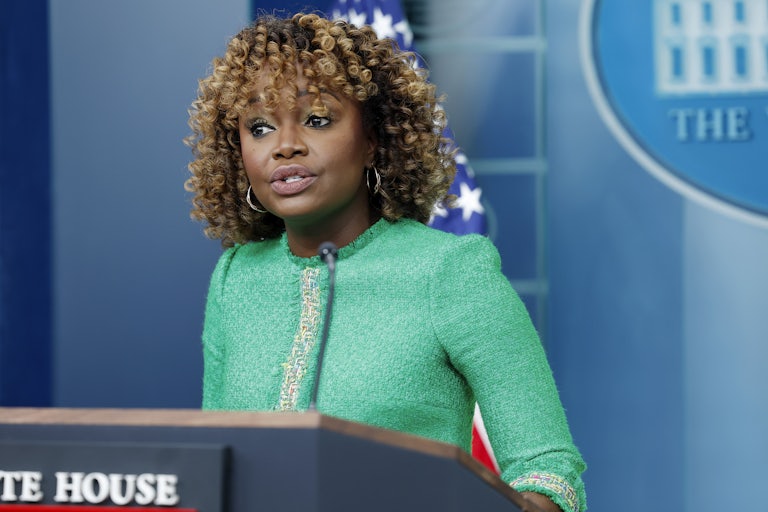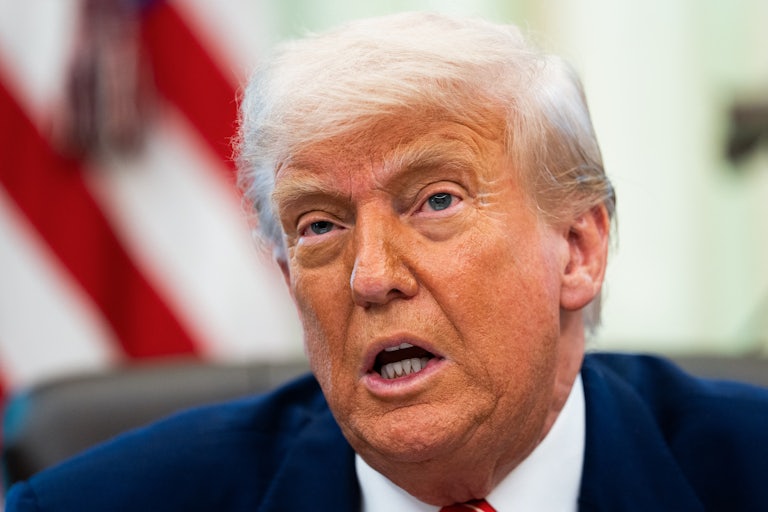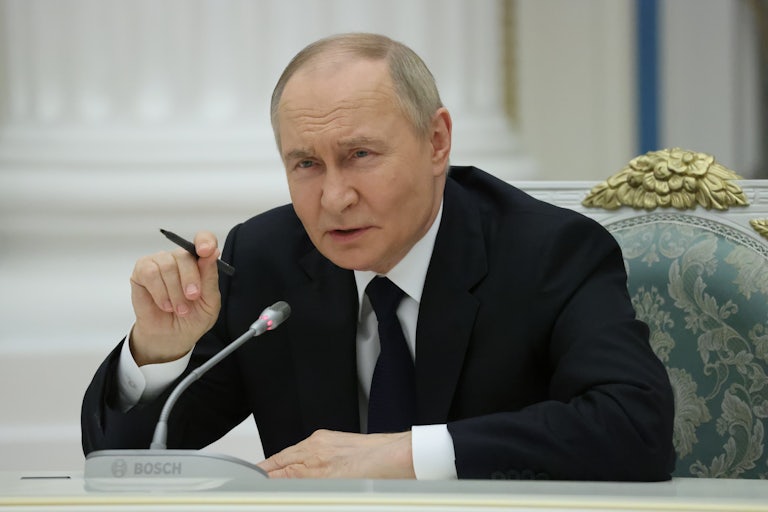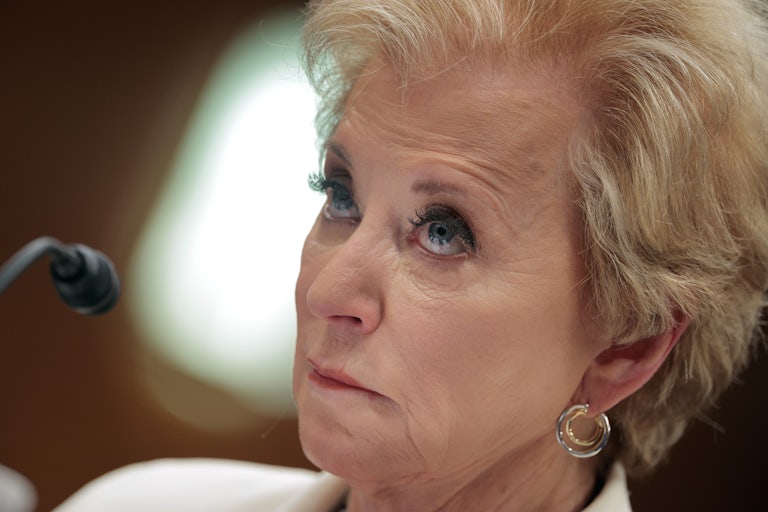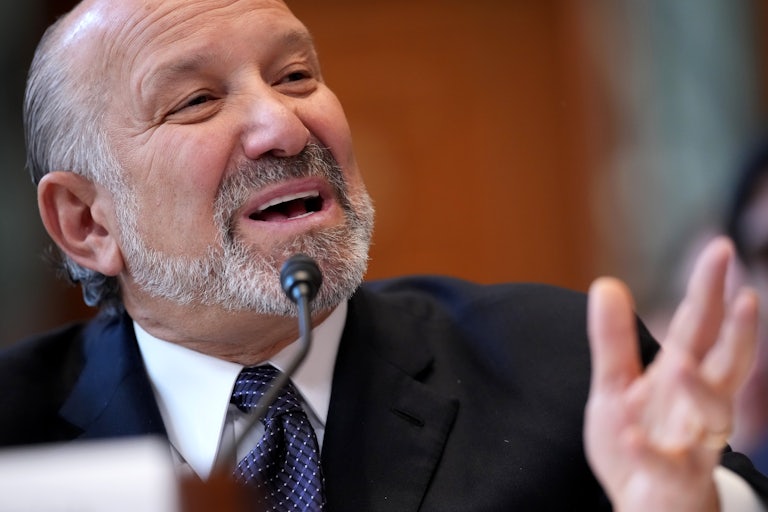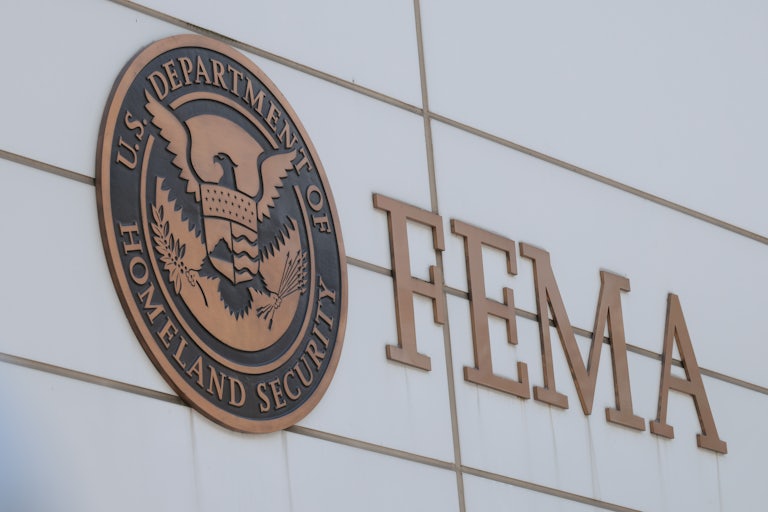Trump Signs Travel Ban Full of Contradictions
There doesn’t seem to be a lot of logic behind why some countries were added to the list.
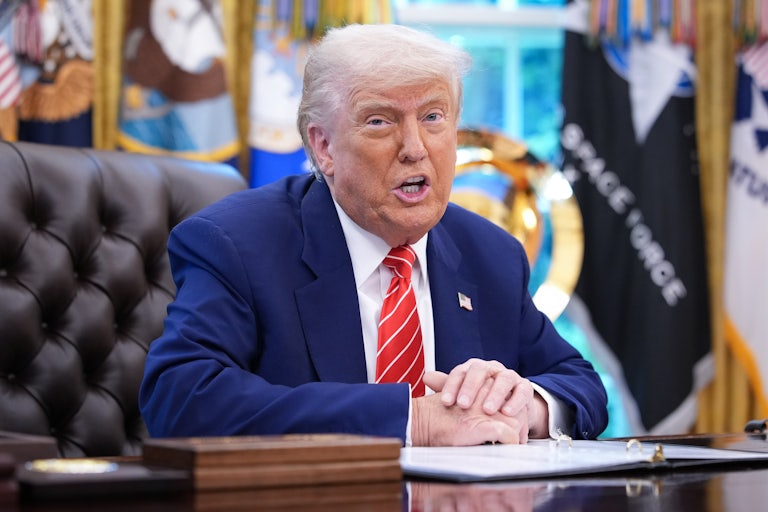
Donald Trump’s new travel ban is hard to make sense of.
In a sweeping order Wednesday night, Trump fully banned travel from 12 countries: Afghanistan, Chad, Equatorial Guinea, Eritrea, Haiti, Iran, Libya, Myanmar, Somalia, Sudan, and Yemen.
The order, which is set to go into effect on June 9, targets mostly African and Muslim-majority countries, and many of the banned countries were also on Trump’s original travel ban in his first term. The new ban also partially restricts travel by nationals from an additional seven countries: Burundi, Cuba, Laos, Sierra Leone, Togo, Turkmenistan, and Venezuela.
The order includes exceptions for lawful permanent residents, existing visa holders, and certain visa holders such as Special Immigrant Visas (which many Afghans received after helping U.S. forces).
Trump framed the ban as necessary to combat terrorism and strengthen national security in a video announcement posted to social media. But if that’s the case, the order is full of contradictions.
In his video, Trump specifically cited Sunday’s attack in Colorado as why the ban is needed. “The recent attack in Boulder, Colorado, has underscored the extreme dangers posed to our country by the entry of foreign nationals who are not properly vetted, as well as those who come here as temporary visitors and overstay their visas,” he said.
But the man charged in that attack was an Egyptian national who initially arrived on a tourist visa, and Egypt isn’t even on Trump’s list of banned countries.
Trump’s order also cites visa oversays as a reason why multiple countries were targeted. But as The Washington Post reported, it’s not clear why some countries were added to the list while others with higher visa overstay rates weren’t. In some cases, the visa overstay rate was high but the total number of overstays was relatively low.
The justification listed for specific countries was a mess. The order cited the establishment of “criminal networks” and “national security threats” as justification for the ban on nationals from Haiti. But there is little evidence that Haitian gangs are taking over the U.S., nor is there much evidence that Haitian gang members are among the small number of Haitians entering the country.
“Haitians as a group have not exerted any kind of violence,” Renata Segura, director of the Latin America and Caribbean program at the International Crisis Group, told the Post. “The idea that Haitian gangs could be traveling to the U.S. by legal means is completely out of the realm of the possible.”
And in the case of Venezuela, which is facing partial restrictions, Trump’s order claims the country has “historically refused to accept back its removable nationals.” But in the past few months of Trump’s second term, Venezuela has repeatedly accepted Trump’s deportation flights, even sending Venezuelan planes to pick up immigrant deportees from the U.S.
For those trying to make sense of Trump’s logic with this order, don’t even bother.
